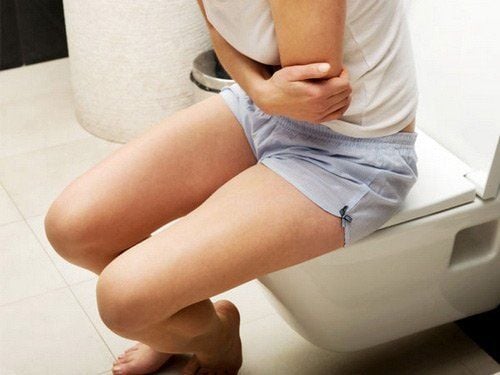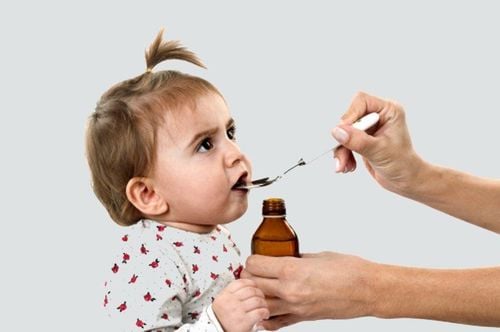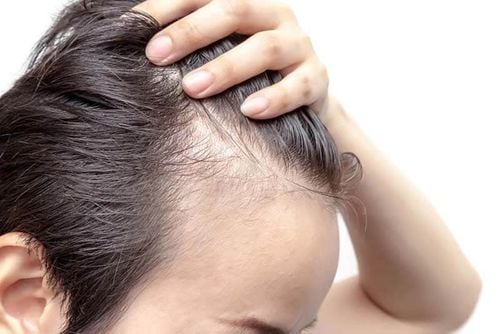In a busy life, maintaining optimal health seems like an important goal and also very difficult to maintain. Eating poorly or lacking energy for the body is very alarming. The following signs may indicate you are not eating enough and need to change your diet as soon as possible.
1. Lack of energy for daily activities
One of the first signs of insufficient energy intake is persistent fatigue or paleness. The energy provided to the body each day inherently reflects the metabolic rate in your body. Normally, a normal person needs to take in about 1000 calories. If you have a lot of physical activities during the day, you need to take in more than 1000 calories.
Hormones play an important role in balancing energy sources. If you take in more than your body needs, they will be stored in the body as fat. On the contrary, if you eat less, you will lose weight. Elderly people often eat less than their body needs, because they lose their appetite. At that time, even relatively light physical activities such as walking or climbing stairs can make them feel tired.
2. Hair loss also shows that the body lacks energy
If you have hair loss, you can easily feel stressed or uncomfortable, and lose confidence because of it. Normally, you still lose a small amount of hair, but if you suddenly notice that more hair falls out when combing or washing your hair, it could be a sign of malnutrition. The body needs a lot of nutrients to nourish healthy hair. If you lack certain substances such as protein, biotin, iron, etc., it can lead to hair loss. In general, if your body lacks the necessary nutrients, they will prioritize the function of the cardiovascular, brain and the activities of some other organs in the body that directly affect the health of your hair.
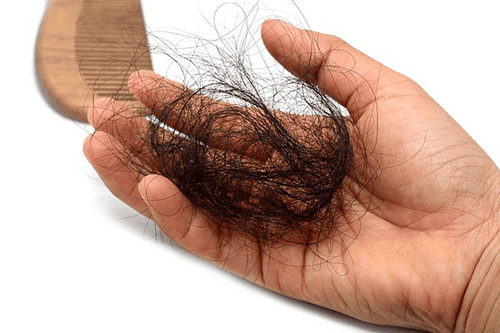
3. Feeling hungry all the time
If you are not eating enough, the earliest sign you may notice is feeling hungry all the time and feeling pale. Studies have shown that increased appetite is the body's way of responding to changes in hunger and satiety hormones. In addition, not eating enough also increases the production of cortisol in the body, a hormone that is associated with increased belly fat.
4. Difficulty getting pregnant
Inadequate nutrition can also make it harder for you to get pregnant. The hypothalamus and pituitary gland in the brain work together to balance hormones in the body, including reproductive health. The hypothalamus sends signals to the body to produce a balanced amount of hormones. These signals send signals to the hypothalamus and pituitary gland, which control the body's production of estrogen, progesterone, and other hormones. When the body is too hungry, these signals can decrease, leading to changes in the amount of hormones produced, which can cause an imbalance in reproductive hormones and result in difficulty conceiving. So if you are trying to get pregnant, make sure you eat a well-balanced diet.
5. Sleep problems
Insomnia has been shown to cause insulin inactivity in the body, which leads to weight gain. When you eat too much, you may have trouble sleeping. However, if you eat too little, the same problem occurs. Experimental studies on both humans and animals have provided clear evidence for this hypothesis. If you feel so hungry that you have trouble sleeping or wake up in the middle of the night because you are hungry, you are not getting enough energy into your body.

6. Feeling Uncomfortable
If you feel uncomfortable relatively often, you are probably not eating enough. To keep your mind comfortable, it is important to provide your body with enough energy and not let the deficiency happen frequently.
7. Always feeling cold
Because the body needs to burn some energy to keep warm, even a slight deficiency of energy can cause your body temperature to drop. In general, the body will feel colder when you are lacking energy due to malnutrition, especially over a long period.
8. Constipation
Constipation is defined as having fewer than three bowel movements a week, feeling uncomfortable and taking a long time to pass stool, although the amount of stool may be very small. Constipation often occurs in the elderly and people with an inappropriate diet. It is not surprising that people who eat too little are constipated. Firstly, the amount of food taken into the body is too little, leading to the amount of stool produced in the colon is also relatively small. When you eat less, or not enough nutrients, even if you supplement a large amount of fiber, you can still be constipated.
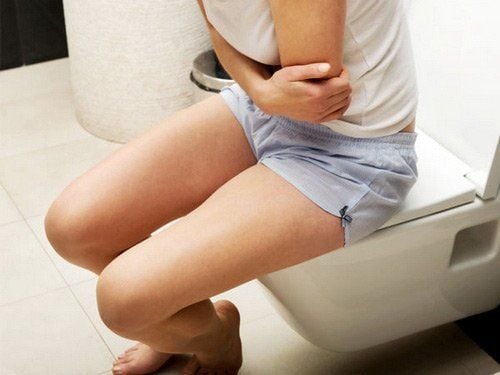
9. Feeling anxious
Diet significantly affects mood. Feeling restless and anxious can also be one of the consequences of a lack of energy. To minimize anxiety while on a weight loss regimen, you need to make sure you get enough energy through a balanced diet, including foods rich in omega-3 fats, which have been shown to help reduce anxiety.
Therefore, to ensure that your body is always full of energy and to prevent the risk of disease, you should proactively design a healthy diet combined with a scientific lifestyle.
In case you always feel tired despite eating a lot or your body shows many signs representing many different health problems, you should see a doctor as soon as possible for advice.
To arrange an appointment, please call HOTLINE or make your reservation directly HERE. You may also download the MyVinmec app to schedule appointments faster and manage your reservations more conveniently.
Reference source: healthline.com





